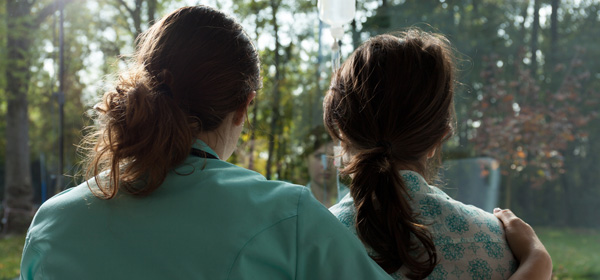A 20-year international study of 10,000 women has accurately identified the cancer risks for women, further highlighting the need for early detection and lifelong monitoring.
The research revealed the extent that family history and the location of the abnormality in the BRCA1 and BRCA2 genes are tied directly to a woman’s risk of developing breast and ovarian cancer. The findings are expected to change the way prevention strategies are personalised and offered to at-risk women.
The findings showed that the BRCA1 mutation gives women on average a 72 per cent risk of developing breast cancer by 80 years of age and a lifetime ovarian cancer risk of 44 per cent. While women with BRCA2 mutation have a 69 per cent chance of breast cancer and 17 per cent risk of ovarian cancer.
The research also found that cancer risk did not decrease after the age of 60, despite traditional thinking that it did.
Read more from abc.net.au
Read more from heraldsun.com.au
Related articles:
Cancer can be a result of bad luck
Do you have the fat gene?
How Alzheimer’s changes your body

